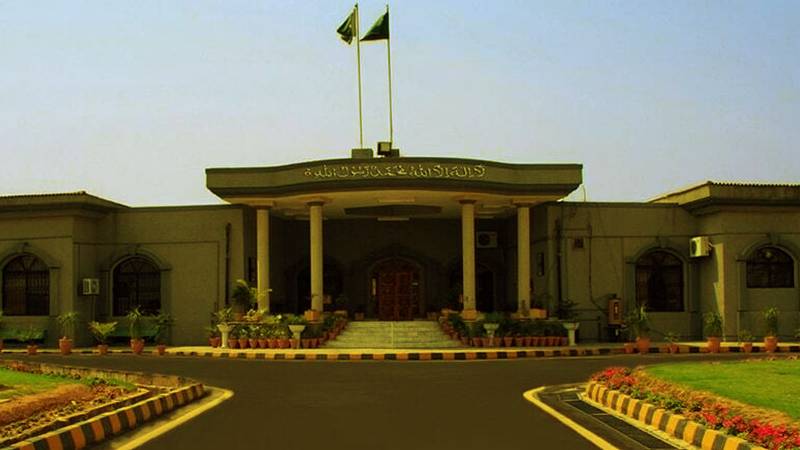The Pakistan Nursing and Midwifery Council (PNMC) remains in turmoil as the federal government has yet to implement the Islamabad High Court (IHC) decision ordering the restoration of the council’s president, Dr. Shazia Hafeez. The continued delay in reinstating the leadership has sparked a new wave of controversy in the country’s medical governance system.
Islamabad High Court Orders Immediate Restoration of PNMC President
On July 9, the IHC directed the Ministry of National Health Services (NHS) to immediately restore Dr. Shazia Hafeez as the rightful President of PNMC. The court declared her removal unlawful and emphasized that the decision to replace her with Additional Secretary Dr. Saeedullah Shah had no legal standing.
Health Ministry’s Non-Compliance Raises Constitutional Questions
Despite the court’s order, the federal health ministry has not taken any action to reverse its earlier notification, raising concerns about executive overreach and judicial defiance. Legal experts believe this non-compliance could trigger contempt proceedings and further erode trust in the health sector’s regulatory institutions.
Stakeholders Demand Resolution and Leadership Stability
Healthcare professionals, nurses’ associations, and medical faculty across Pakistan are calling for immediate resolution of the leadership dispute. They argue that the leadership vacuum is paralyzing the regulatory and academic functions of the PNMC, delaying critical licensing, examinations, and policy decisions.
Impact on Nursing and Midwifery Sector in Pakistan
The PNMC serves as the primary regulatory body for nursing and midwifery education and practice in Pakistan. With its leadership in limbo, students, training institutions, and healthcare providers are facing delays in certifications, lack of clear direction, and disruption in policy implementation across the sector.
Civil Society and Legal Advocates Raise Alarm Over Rule of Law
Civil society organizations and human rights advocates have also raised concerns over the lack of government accountability in complying with the IHC’s judgment. They emphasize the importance of judicial independence and fear that such actions could set a dangerous precedent for undermining court rulings.
Court Likely to Seek Enforcement Through Legal Recourse
According to legal analysts, the IHC may soon issue contempt of court notices if the federal ministry continues to ignore the ruling. The court could also summon senior officials to explain the delay and potentially initiate disciplinary or criminal proceedings for defiance of judicial orders.
Uncertainty Deepens Amid Policy Vacuum in Health Regulation
The PNMC’s leadership crisis comes at a time when Pakistan’s health sector urgently needs reform, strategic workforce development, and stronger regulation in nursing and midwifery. Stakeholders warn that further delays could have long-term consequences on health outcomes, especially in rural and underserved areas.
Conclusion: Crisis Undermines Health Sector Governance
The PNMC’s leadership crisis is not merely an internal administrative dispute; it reflects deeper systemic issues in governance, judicial respect, and institutional accountability in Pakistan. Immediate government compliance with court orders is essential to restore confidence, stability, and functionality to the nation’s health regulation framework.



Comments (0)
No comments yet. Be the first to comment!
Leave a Comment